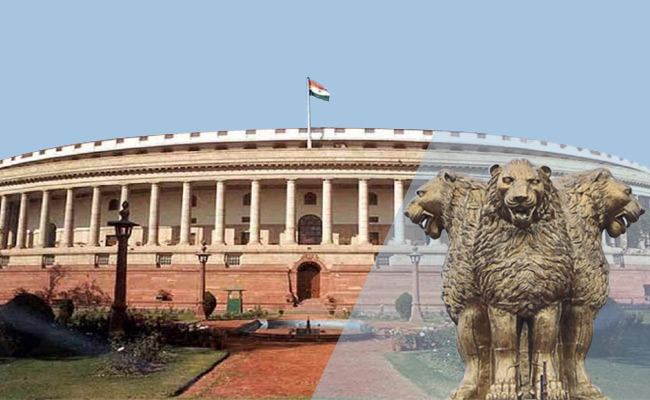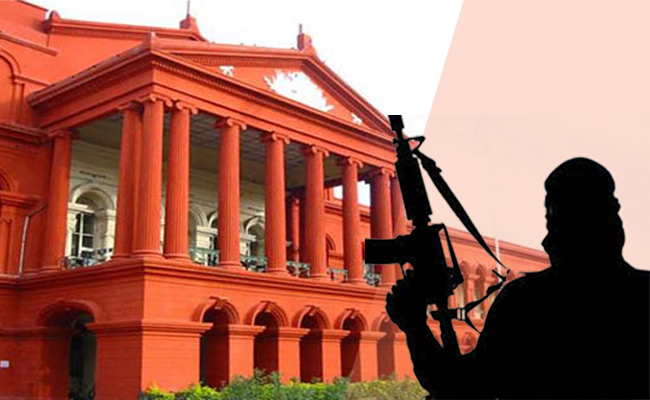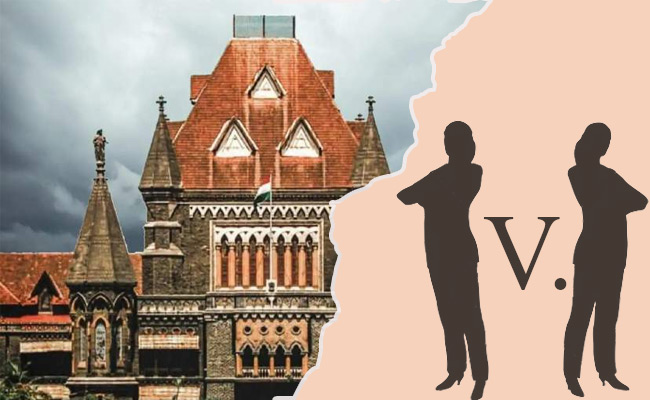
In This Issue
Words of Wisdom by Hon.J.Chandrachud
Central Government resistance on Advantages to converted reserve category
Supreme Court Unreported P.O.C.S.O. Cases
Karnataka High Court Recieves Notice On Jihadi Verdict
Update on Sec.354
Tips & Tricks

Words of Wisdom by Hon. J.Chandrachud
What Hon’ble Chief Justice DY Chandrachud said in his address for Constitution Day 2022
The Hon’ble Chief Justice urged young people to dedicate themselves to improving India’s social conditions and noted that small acts of kindness frequently lead to big changes on the occasion of Constitution Day.
Chief Justice of India DY Chandrachud gave all judges in India, from those in district courts to the top court, advice to consider how to uphold the Constitutional vision of securing citizens’ liberty, equality, and fraternity.
According to the CJI, judges won’t be effective in their roles until they are open to hearing from people who have had rich life experiences.
The Constitution’s History
The story of the Indian Constitution, according to CJI Chandrachud, is not just one of a legal document but also one of human sacrifice and struggle.

Central Government resistance on Advantages to converted reserve category
The Central Government resists the Apex Court's request for advantages for Scheduled Castes for Dalit converts to Islam and Christianity.
Affidavit filed by Centre in Hon’ble Supreme Court says “There is no authentic information to indicate that the autocratic situation that persisted in Hindu society for a long time regarding scheduled castes also existed in Christian or Islamic society.”
According to the Central Government, there is no verifiable evidence that Dalit Christians or Muslims have experienced the same unjust situation as Dalit Hindus, and as a result, they cannot claim benefits that are available to Scheduled Castes [CPIL v. Union of India].

Supreme Court Unreported P.O.C.S.O. Cases
The Supreme Court in a case involving the unreported abuse of 17 young girls, failing to report POCSO offences is a serious crime
The Maharashtra High Court’s throttling of the case at the threshold, according to the Court, was painful to observe.
On 02 of November, the Supreme Court noted that failing to file incidents of sexual offences against children is a heinous felony that is frequently done in an effort to protect offenders. (State of Maharashtra v. Dr. Maroti, et al.)

Karnataka High Court Recieves Notice On Jihadi Verdict
Attending "jihadi meetings" is not considered a terrorist act, according to Karnataka High Court ruling, which the Supreme Court has taken notice of
The Hon’ble High Court had ruled that hosting training facilities for members of organisations that are not outlawed by the government and attending jihadi meetings are not terrorist acts.
The Karnataka High Court’s decision that attending “jihadi meetings” of organisations that are not prohibited by the government does not constitute a “terrorist act” was appealed by the Central government, and the Karnataka Supreme Court issued notice in the case on Friday [Union v. Saleem Khan].

Update on Sec.354
The Court determined that even though the offence under Section 354 falls under the chapter "Criminal Force and Assault," it is not a sexual offence and would still apply to women.
A Mumbai court recently ruled [State of Maharashtra vs. Rovena @ Aadnya Amit Bhosle] that the offence of outraging a woman’s modesty under Section 354 of the Indian Penal Code (IPC) need not necessarily involve a sexual act and that women can also be found guilty of the offence.
Know Your Judiciary
- Former Chief Justice of India from 2007 to 2010.
- Justice Balakrishnan was the first Judge from Kerala to become Chief Justice of Supreme Court.
- Justice Balakrishnan has been the Chairperson of National Human Rights Commission.
- He has authored a total of 219 judgements and been a part of 787 benches.
- His most important judgement was relating to abortion in privacy judgment.
- He has given judgements in many landmark cases like Mondal Commission case, Sanjay Dutt case and Bellary mining case.
- He was the longest serving Chairperson of National Human Rights Commission.
Tips & Tricks
Why Are Soft Skills Important For Advocates
Soft skills are becoming increasingly important for Advocates & lawyers – in their ability to deliver excellent client service, to grow and lead teams and to develop future business.
A wide variety of essential soft skills for lawyers are identified. In particular:
Commerciality – As well as the need for broader commercial knowledge there were several mentions of a need for a more client-centric approach. For instance, an example pointed to sophisticated selling skills such as the need to add insight and value to all client interactions.
Conflict management – While some mentioned training in managing difficult conversations, others were concerned that managing difference, navigating conflict and negotiation skills were lacking.
Brief about Judicial Services Exam in India
The Judicial Services Examination is a yearly conducted exam. These exams are conducted by the Public Service Commission of each state under the supervision of their respective High Courts.
𝐄𝐥𝐢𝐠𝐢𝐛𝐢𝐥𝐢𝐭𝐲 𝐂𝐫𝐢𝐭𝐞𝐫𝐢𝐚: Any Indian citizen, between the age of 21 to 35 years, holding LL.B. degree is
eligible for the entry level judicial service exam.
𝐄𝐱𝐚𝐦𝐢𝐧𝐚𝐭𝐢𝐨𝐧 𝐒𝐭𝐫𝐮𝐜𝐭𝐮𝐫𝐞: Judicial service examination is held in three successive stages namely 1.
Preliminary Examination 2. Mains and 3. Viva-Voce/Interview
student editors
- Aman Panchal – BMS College of Law, Bengaluru
- Deshbandhu Sharma – St Wilfred college of law, Jaipur
- Monicaa R. Reddy – R.V. Institute of Legal Studies.

